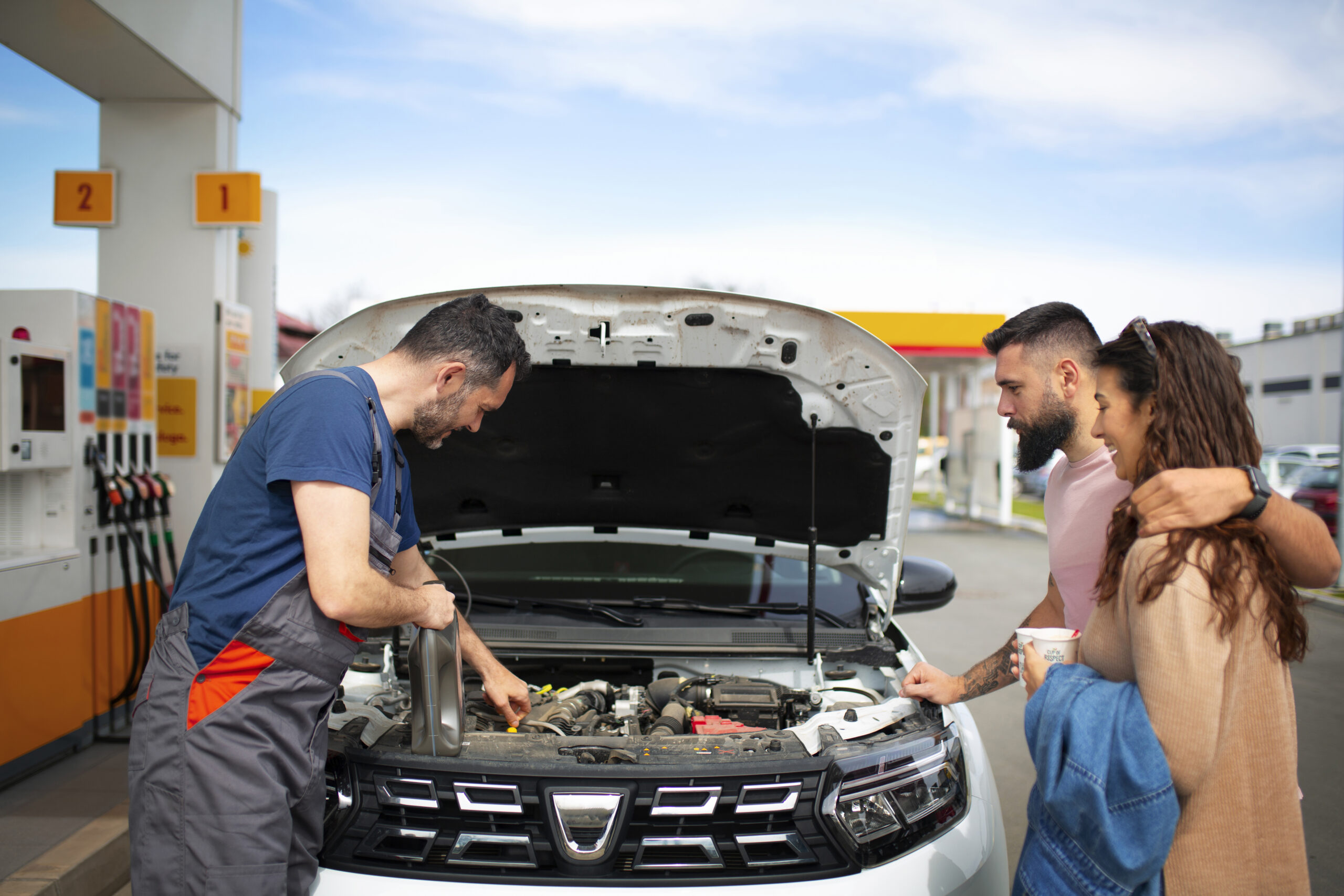Choosing used car parts can save a lot of money on maintenance and repairs without sacrificing quality—as long as you make wise decisions. Important things to think about are whether the part fits your car model, how reliable the seller is, and how well-maintained the part is.
Parts that are thoroughly inspected for wear and functionality guarantee optimal performance. In this article, we will explore some of the most essential factors to consider when choosing used car parts.
Used Car Parts: An Overview
Used car parts, also known as recycled or salvaged parts, are components obtained from vehicles that are no longer in service. These parts are thoroughly inspected and tested to ensure they meet quality standards before being resold for use in other vehicles.
This process not only saves consumers money but also helps to protect the environment by reducing the demand for newly manufactured parts. Reusing these components reduces waste and conserves resources, which benefits the environment.
Factors To Consider When Choosing Used Car Parts
1.Source and Reputation
The reliability and quality of used car parts are greatly influenced by the source from which you buy them. Reputable online marketplaces, certified recyclers, and established auto salvage yards are known for stocking parts that have undergone extensive inspections and frequently carry warranties.
Choosing a reliable seller lowers the chance of buying defective or incompatible parts.
2.Compatibility with Your Vehicle
When purchasing a used car part, make sure it is compatible with your vehicle. This entails matching not only the make, model, and year of your vehicle, but also certain configurations.
It is critical that detailed specifications and part numbers match perfectly to ensure that the part integrates smoothly and functions properly once installed. This careful matching process helps to avoid problems and ensures that the part performs as expected in your vehicle.
3.Condition and Quality
It’s critical to evaluate a used car part carefully before buying it. Look for wear, corrosion, or other damage that might affect functionality. Well-maintained parts typically have a longer remaining lifespan and are less likely to fail soon after installation.
By carefully examining, you can maximize the value and effectiveness of the part in your vehicle and ensure reliability and longevity. Due diligence in the assessment process helps to avert possible problems and guarantees top performance after the part is installed.
4.Warranty and Return Policy
When buying a used car part, ask the seller about their warranty and return policy. A warranty acts as a safety net, providing protection in the event that the part fails prematurely or does not perform as intended. Understanding the details of the warranty, such as what aspects are covered and how long the coverage lasts, will allow you to make an informed decision.
This understanding gives you peace of mind and allows you to install the part confidently. Furthermore, becoming familiar with the return policy ensures that you understand the procedure in case you need to return or exchange the part for any reason.
5.Price Comparison
When buying used car parts, affordability is a big plus, but you have to make sure you take caution. Assessing the market and avoiding potential pitfalls associated with unusually low prices can be achieved by comparing prices across different sellers. Although a low price may seem alluring, it could indicate subpar work or hidden problems that could result in further costs.
You can make an informed investment by striking a balance between the part’s quality and cost-effectiveness. This strategy offers long-term value for your car maintenance needs by reducing the likelihood that you will eventually need replacements or repairs in addition to saving money upfront.
6.Availability and Lead Time
Take into account the part’s availability and the anticipated delivery or pickup lead time. Select a seller who can deliver the part in a reasonable amount of time, taking into account the urgency of your vehicle repair. For a surcharge, some sellers might provide expedited shipping, which is advantageous if you need the part right away.
7.Environmental Impact
Choosing used car parts helps to promote environmental sustainability by reducing the demand for new manufacturing and reducing automotive waste. Supporting the recycling of automotive components helps to conserve natural resources and reduce carbon emissions associated with production processes.
Bottom Line
When selecting used car parts, consider the seller’s reputation, compatibility with your vehicle, quality evaluation, warranty coverage, cost, availability, and environmental impact. Setting these factors in order of importance ensures that your purchase promotes economical and sustainable vehicle maintenance while adhering to budgetary constraints.
Saving money is nice, but putting compatibility and quality first ensures longevity and reliable operation. By carefully considering these factors, you can confidently incorporate dependable used parts into your vehicle maintenance strategy, improving both long-term reliability and economic efficiency.
FAQ
Yes. When purchased from certified recyclers, salvage yards, or trusted suppliers, used car parts are thoroughly inspected and tested to ensure functionality and safety. Many also come with warranties for added peace of mind.
You need to match the make, model, year, and part number with your vehicle. Some sellers also provide compatibility tools online. Always verify specifications before purchasing to avoid installation issues.
Absolutely. High-quality, well-maintained used parts can offer performance similar to new ones, especially when sourced from reputable sellers. In fact, many used parts are OEM (original equipment manufacturer), ensuring perfect fit and function.
On average, you can save 30%–70% compared to buying brand-new parts. This makes used parts a budget-friendly option for repairs and replacements without compromising on quality.
Yes, many reliable sellers provide warranties that cover premature failure or defects. Always confirm the warranty terms and return policy before buying, so you’re protected if the part doesn’t perform as expected.
The best sources include reputable online marketplaces, certified auto recyclers, salvage yards, and specialized suppliers. Always prioritize sellers with strong reviews, warranties, and return policies.
Check for signs of wear, rust, cracks, or leaks. Ask for test results or inspection reports if available. A reliable seller will always provide transparency about a part’s condition.





